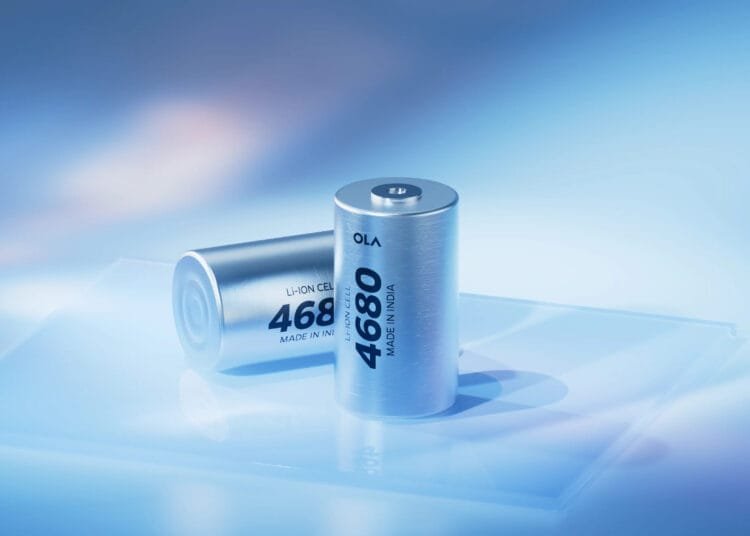Goyal updates on export enhancing schemes
India’s merchandise export has increased to US$330.07 billion in 2018-19, up 8.75% from US$303.53 billion in 2017-18 amidst challenges from slower global economies and financial crisis, said Commerce and Industry Minister Piyush Goyal on 18 Mar 2020.
The Foreign Trade Policy (2015-20), launched on 1 April 2015, provides a framework for increasing exports of goods and services as well as generation of employment and increasing value addition in the country, in line with the ‘Make in India’, ‘Digital India’, ‘Skill India’, ‘Startup India’ and ‘Ease of Doing Business’ initiatives.
Representations and suggestions are received from trade organizations and export promotion councils from time to time for promotion of exports which are taken into consideration as part of the regular ongoing process of review and reform of trade policies, he said in a written reply to the house.
To promote export, Government has taken following remedial measures including changes in the export policy:
The Foreign Trade Policy (2015-20), inter alia, rationalised the earlier export promotion schemes and introduced two new schemes, namely ‘Merchandise Exports from India Scheme (MEIS)’ for improving export of goods and ‘Services Exports from India Scheme (SEIS)’ for increasing exports of services. Duty credit scrips issued under these schemes were made fully transferable.
A Mid-term Review of the FTP 2015-20 was undertaken in December 2017 under which incentives for labour intensive and MSME sectors were increased by 2% under MEIS.
A new Logistics Division was created in the Department of Commerce for integrated development of the logistics sector. India’s rank in World Bank’s Logistics Performance Index was moved up from 54 in 2014 to 44 in 2018.
Interest Equalization Scheme on pre and post shipment rupee export credit was introduced from 1 April 2015 providing interest equalisation at 3% for labour intensive and MSME sectors. The rate was increased to 5% for MSME sectors with effect from 2 Nov 2018 and merchant exporters were covered under the Scheme with effect from 2 Jan 2019.
Measures to increase procurement of capital goods from indigenous manufacturers under the Export Promotion Capital Goods (EPCG) scheme by reducing specific export obligation from 90% to 75% of the normal export obligation.
Issue of Advance Authorisation to allow duty free import of inputs for export product within a specified timeline.
For improving ease of doing business, online issuance of Importer Exporter Codes (IEC) has been started. India’s rank in World Bank ‘Ease of Doing Business’ ranking was improved from 142 in 2014 to 63 in 2019 with the rank in ‘trading across borders’ moving up from 122 to 80.
A new scheme called “Trade Infrastructure for Export Scheme (TIES)” was launched with effect from 1 April 2017 to address the export infrastructure gaps in the country.
A new scheme called Scheme for Rebate of State and Central Taxes and Levies (RoSCTL) covering export of garments and made-ups was notified on 7 March 2019 providing refund of duties/taxes at higher rates.
A comprehensive “Agriculture Export Policy” was launched on 6 December 2018 with an aim to double farmers’ income by 2022 and provide an impetus to agricultural exports.
A new scheme called “Transport and Marketing Assistance” (TMA) has been launched for mitigating disadvantage of higher cost of transportation for export of specified agriculture products.
Government has introduced a new Scheme for Remission of Duties and Taxes on Exported Products (RoDTEP) on 13 March 2020 for re-imbursement of taxes, duties and levies at the central, state and local level. fiinews.com










